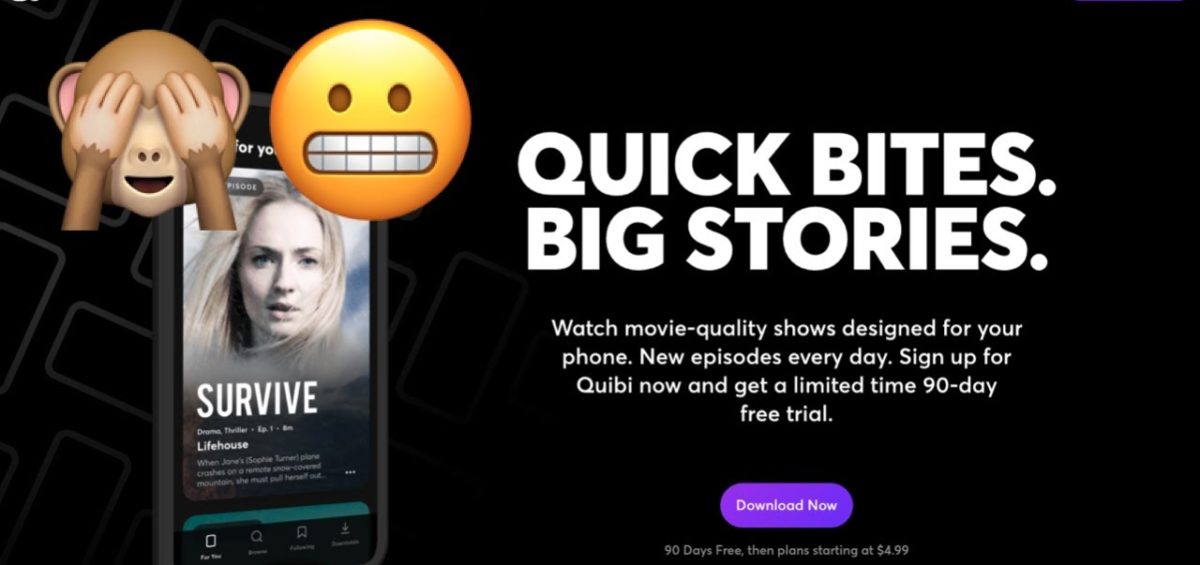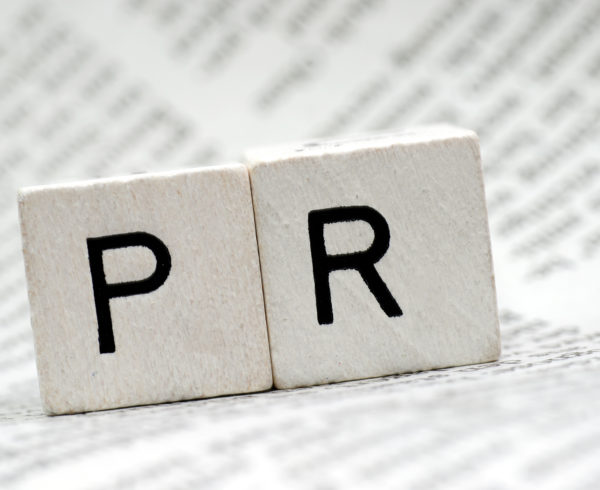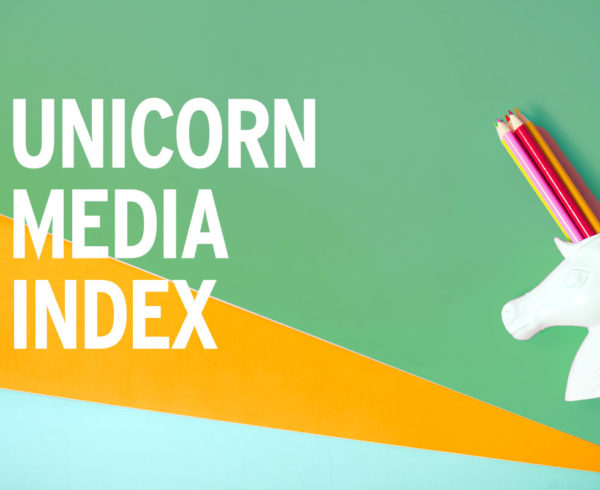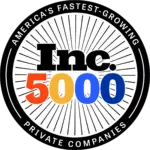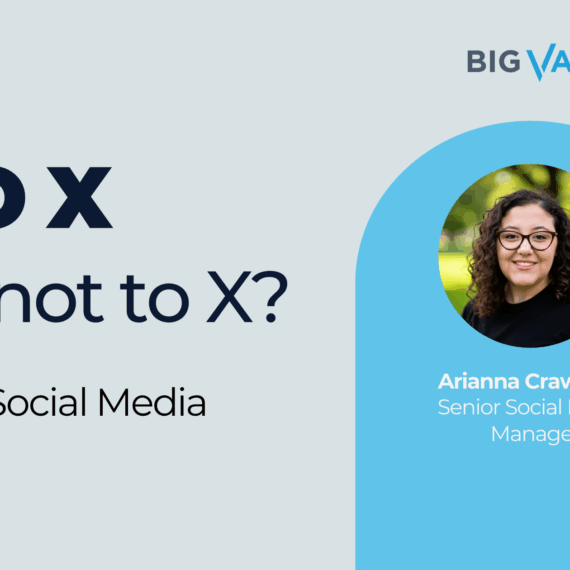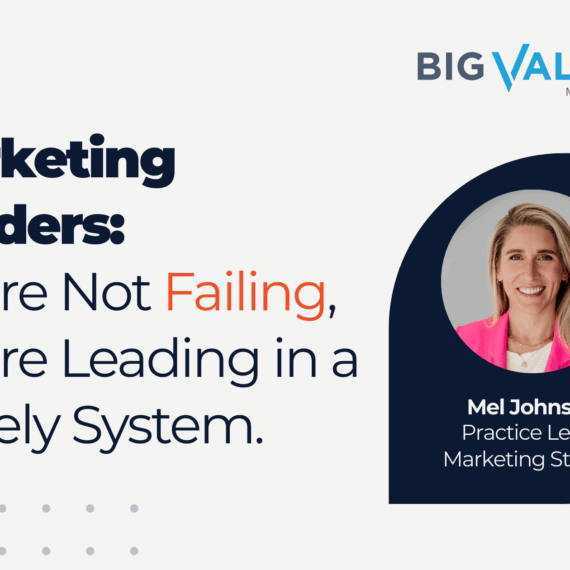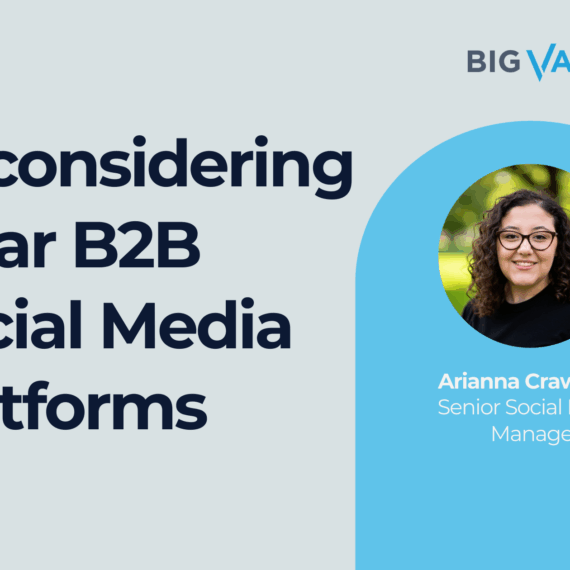Jeffrey Katzenberg and Meg Whitman announced to the world yesterday what many of us suspected all along: Quibi is one of the most expensive flops in the history of tech. Kinda like Ishtar, but the streaming tech version.
What made the flop so spectacular was the investment behind it: $1.75 billion. (That’s the money they raised, not the valuation.)
What makes it relevant for other tech companies – and the marketers who work with them – is that it’s a perfect showcase why technology differentiation is so critical. Quibi is one of the most glaring examples I’ve seen where they tried to build a company based on one feature (8-10 minute vertical videos). That happens a lot in the tech world, but it usually gets snuffed out by smart VCs or pivoted by entrepreneurs who evolve the product over time into something more.
In this case, that didn’t happen because the company swung for the fences fast – and skipped past all the gnarly work and customer feedback to achieve product-market fit. Of course, creating video content that’s tailored for smartphones is a smart idea. However, each element of Quibi’s formula was available in other forms. We have plenty of options for professionally produced content (Netflix, ESPN, NBC, etc.). We have plenty of options for short-form videos (YouTube, TikTok, commercials). And we have plenty of options for streaming (media companies, phone companies, sports leagues, etc.).
That basically left Quibi with one defining feature: “we deliver 8-10 minute vertical videos.” Which always seemed a bit narrow and oddly specific to me. Why 8-10 minutes? I’m sure that was focus-grouped to death, and the founders talked up the idea that people would watch the videos on the move, on the train, between meetings, waiting in line, etc. Maybe, but we as consumers want the flexibility to watch whatever we want whenever we want it – and we don’t want to limit ourselves to a narrow slice of content that was produced narrowly for one use case. If we want to watch Ishtar, we’ll just watch it over 13 bus rides.
One other important lesson here is the importance of feedback loops. Quibi was short on differentiation, but *long* on hubris and hype. They had powerhouse founders who believed in their ability to will something into being (like many founders), and they had enough money and connections to get others on board. What they did not seem to do well (from the outside) is *listen* to market feedback. They privately blamed “the media” for early criticism, and they publicly blamed the pandemic for early failures.
As a founder, it’s important to believe in your vision. And a popular tenet of founder success is to not give up even when people tell you “that’s a crazy idea, it’ll never work.” With that said, the best founders don’t *ignore* what other people say. They *hear* what other people say and use that to refine their ideas, adapt their products, and spur them to do more/better/faster. If Quibi only listened to what the doubters said, they may have adapted their product to meet the moment. They clearly had plenty of money, but of course, money can’t buy you love…

